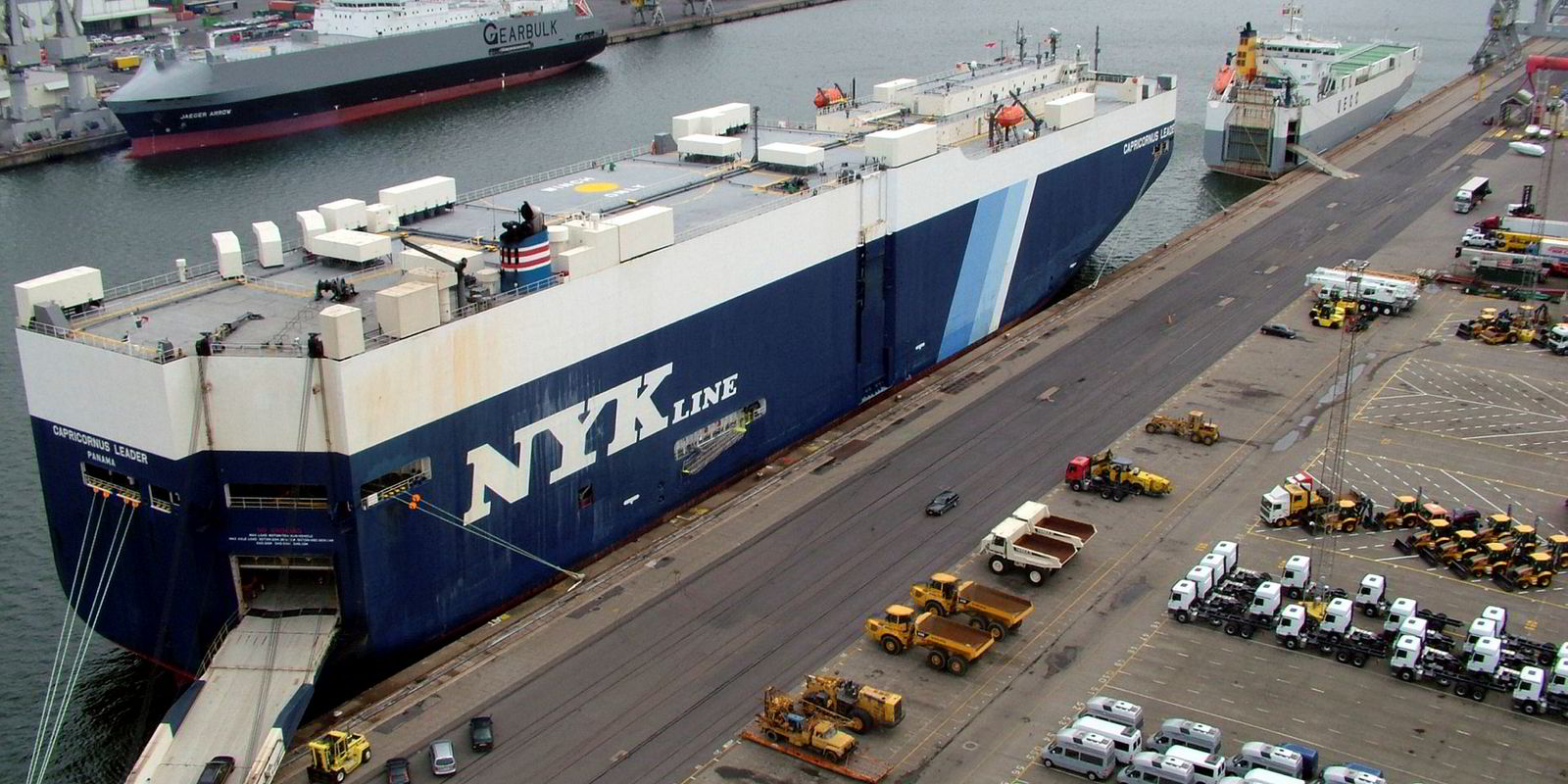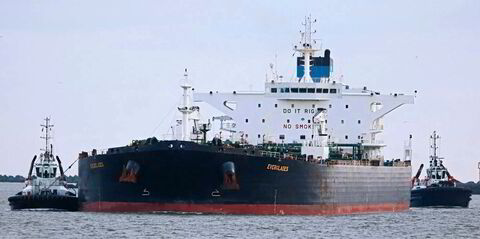Container lines' hopes of boosting rates in annual contract renewals are being hit by a slowdown of cargo volumes from Asia to the west coast of North America (WCNA).
The tariff wars of late 2018 spurred a rush of boxes heading over the Pacific, shipping consultancy Drewry said, but this trend went into reverse in the first quarter.
"Things can change very quickly in the transpacific container market," it said.
"Now that the sugar rush caused by the threatened tariffs on Chinese goods has passed, the market is readjusting to life with much slower volumes and prices."
Data showed Asia to US west coast volumes down 3% year-on-year. The drop from the fourth quarter was nearly 19%.
Drewry said: "The west coast market was always likely to suffer the most from a tariff hangover as shippers had prioritised that gateway as the quickest means to beat the deadline."
It estimates that eastbound Asia-WCNA trade increased by about 6% in 2018, but expects this year’s growth to struggle to get halfway to that figure.
"Carriers anticipated the dramatic slowdown in 1Q19 volumes, signalling as much by blanking a slew of eastbound sailings in February and March so that capacity was kept below the levels of one year ago," the company added.
Bad timing for boxship owners
Regarding contract renewals with shippers on 1 May, Drewry said: "The heavy downturn in volumes couldn’t have occurred at a more inopportune moment.
"While carriers did reduce the available tonnage to the market, in hindsight they should have gone much deeper as our estimated headhaul utilisation slipped to 80% in February, the lowest in two years.
"Earlier in the year, it seemed the carriers might be able to secure some modest increase in revenue from their BCO [beneficial cargo owner] contracts, but those hopes now seem dashed."
It added: "The only discussion point that remains is to what extent the shipping lines can secure some agreement to a floating BAF arrangement within those contracts so that, when towards the end of 2019 the carriers start having to pay (in most cases) a premium for low sulphur fuel oil, they can rely on some mechanism to kick in to automatically recover some of those additional costs."




